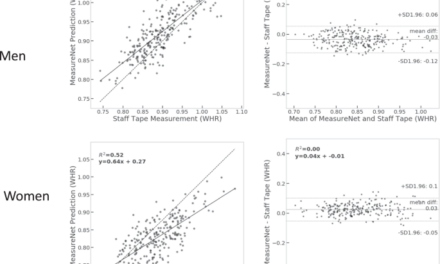
Researchers at the University of California-Riverside recently released a study showing poverty is the fourth leading cause of death nationwide. Poverty kills more people than homicide, respiratory disease, gun violence and opioid overdoses, the study showed.
It’s stress, it’s starvation, it’s disease. And it’s all unnecessary.
Policymakers have many tools to counter the death by poverty that is ravaging America. But they have neglected the simplest one in their toolkit for far too long: raising the federal minimum wage. Monday marks 14 years since the last federal minimum wage increase, the longest period America’s lowest-paid workers have gone without a raise since the minimum wage was first put into effect in 1938.
The minimum wage has been stuck at an unlivable $7.25 an hour under three presidents. Adjusting for inflation, today’s minimum wage is now worth less than at any point since 1956. Nearly a third of the workforce, or 52 million people, earn less than $15 an hour, including 47% of Black workers, 46% of Hispanic workers, 20% of Asian American and Indigenous workers, 40% of working women and 50% of working women of color. Raising the minimum wage to even $15 an hour would lift 7.6 million people – many of whom are women, immigrants, Black, Latinx or parents – out of poverty and give more than 50 million people a raise.
According to the Economic Policy Institute, a worker paid the $7.25 federal minimum wage earns 27.4% less in inflation-adjusted terms than what their counterpart was paid in July 2009 when the minimum wage was last increased, and 40.2% less than a minimum wage worker in February 1968, the historical high point of the minimum wage’s value.
Courageous workers in the Fight for $15 and the union movement have pushed 14 states and the District of Columbia to adopt $15 minimum wage laws. We’re proud to have marched with, prayed with, and even gotten arrested with these workers as they’ve demanded living wages and a union. But the sad fact is that 20 states remain stuck at the federal minimum of $7.25 – and working people in those states, the majority of which are in the South, need help now. That’s why, earlier this year, we hit the road with Bernie Sanders and stood alongside workers across the south to demand living wages.
These workers are 46% more likely to be paid less than $15 than workers in the 30-plus states with minimums higher than $7.25, according to the Economic Policy Institute. And, according to EPI, there isn’t a place in the country where even a single adult without children can get by on less than $15 an hour. There’s no city, county or state where a full-time minimum-wage worker can afford a two-bedroom rental, a report from the National Low Income Housing Coalition showed.
Yet instead of raising pay for fast-food cooks, home care aides, warehouse workers, retail clerks, and others, politicians push a false moral narrative of religious nationalism, trying to trick us into believing that poverty is a moral failing on the individual and that the real moral issues of our time are standing against LGBTQ+ people and a woman’s right to choose while defending tax cuts and gun rights.
We will not be duped: the real moral question for our country is where we stand in relation to the poor. Instead of pushing culture wars and partisanship, lawmakers should focus on the 800 people dying each day from poverty in the wealthiest nation on earth. Our politicians have failed to act, and leaders who stand silent in the face of these injustices are guilty of policy murder.
Indeed, our demand for a living wage is the moral issue politicians should be focused on. Isaiah 10 says, “Woe unto those who legislate evil and rob the poor of their rights, and make women and children their prey.” And President Franklin D Roosevelt adopted the moral argument of the Social Gospel when he declared that “no business which depends for its existence on paying less than living wages to its workers has any right to continue in this country.” It is a moral travesty that as a nation we continue to expand the military budget in surplus, but refuse to guarantee basic human rights like healthcare and living wages.
We are putting our nation’s leaders on notice, across party lines, that we need living wages now. If they don’t act, we’ll vote them out. Poor and low-wealth people make up nearly 40% of the electorate and have the ability to decide elections. We are calling for a Third Reconstruction to lift our nation’s 140 million poor and low-wealth people from the bottom up. This includes raising the outdated minimum wage to a living wage as well as updating the also-obsolete official poverty measure to reflect what it takes to secure a decent standard of living today.
America has gone 14 years without a raise. It’s literally killing us. And it’s time for it to change.
-
The Rev William J Barber II is founding director of the Center for Public Theology and Public Policy at Yale Divinity School
-
The Rev A Kazimir Brown is executive director of Repairers of the Breach




